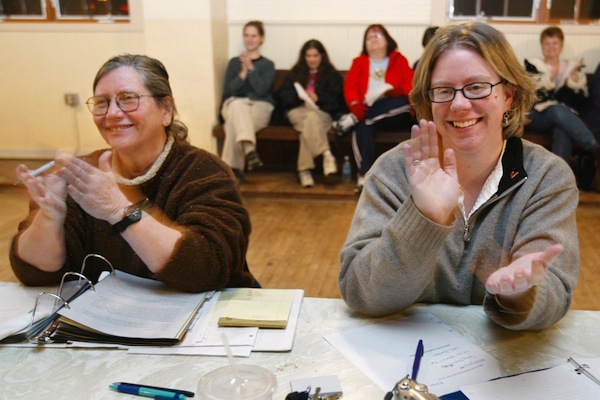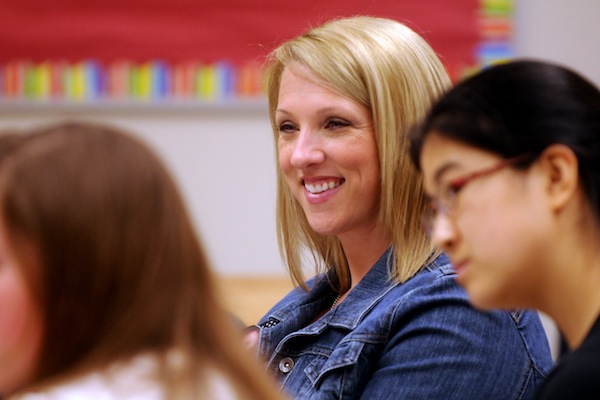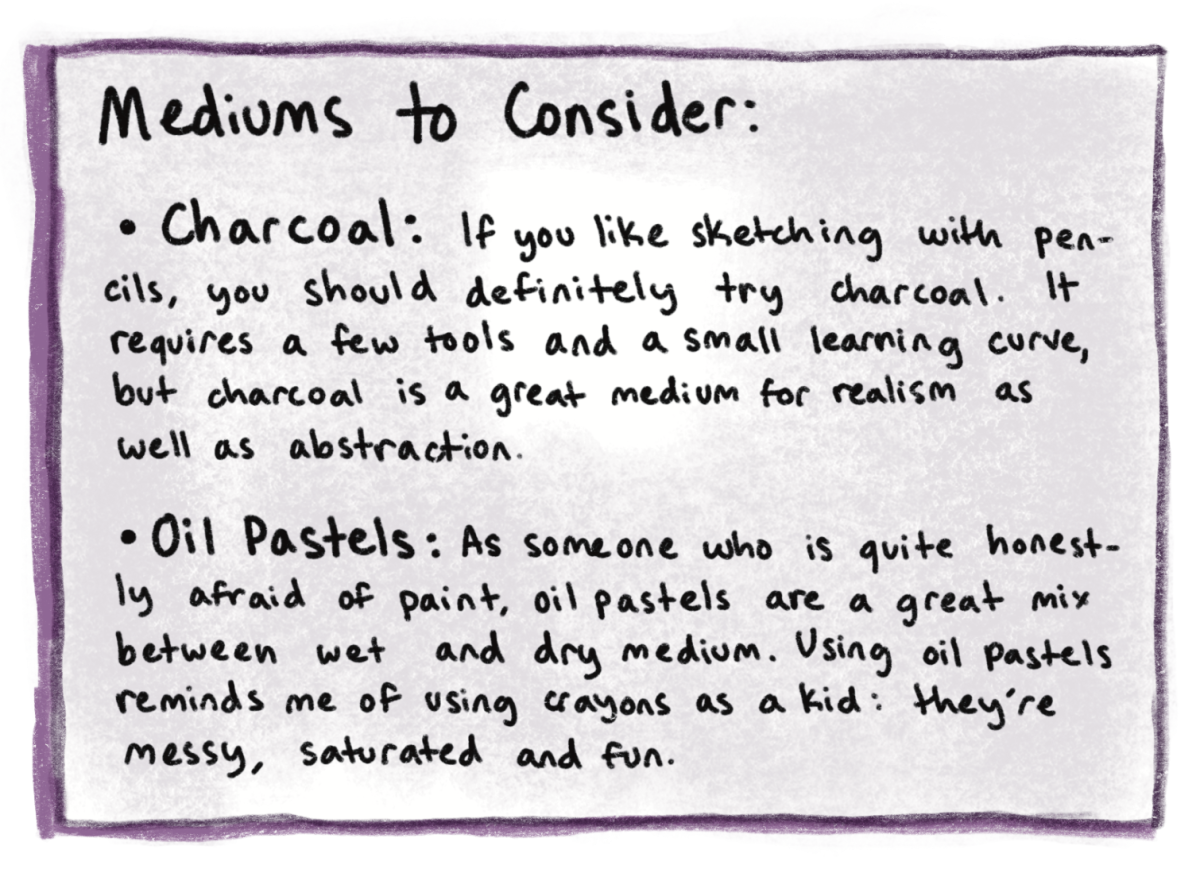Most Americans have felt the effects of the economic recession since December 2007. According to demographers who track poverty trends, in 2009, more than one in seven Americans lived below the poverty line. But even the lives of the other six in seven Americans have been forever changed by the problems with our economy. Mothers have been clipping coupons and rethinking spending. A trip to the mall is no longer a shopping spree; rather, making a purchase takes research, a hunt for sales and eventually a calculated purchase.
Even though most families must cut back on spending, we want to maintain our lifestyle and appearance. Even within our own family and friend groups, we like to emphasize accomplishments and minimize our struggles. When we do admit to a problem, we often downplay its effects, or stress that we are finding a solution, but often we make excuses or take action simply in order to maintain a reputation, which should not be a priority.
However, many Americans are not fortunate enough to be worrying about canceling a gym membership or cutting back on trips to restaurants. These people are past the point of keeping up appearances. Losing a job or a home can do that to a person. After losing everything, people have few options besides charity from friends, programs such as shelters or food banks and government help. However, these resources are not enough to support 43.6 million people. Driving through downtown St. Louis, an observer notices people on the street corner begging for food or walking down the sidewalk holding everything that they own in a soggy, ripped cardboard box.
When unemployment money runs out, when the job market doesn’t yield positions or when people are evicted from their homes, where do they turn? Government funding can only go so far; ordinary people and charity work are the gum stuck to the chicken’s foot that can change the life of someone in need.
This is when average Americans, who have their own struggles, must take a look at their lives and ask how they can help others. For Americans, it’s all to easy to get caught up in trivial issues. What country club you belong to, where one’s father works… it must be kept in perspective. And the political gridlock in Washington can cause even more confusion amongst an already bemused populace. Yes, it’s extremely important to pay attention to the issues affecting the U.S. government and to follow and form opinions about the environment, how our tax dollars should be used, the positioning of our military, etc. But by focusing on political drama, we forget what’s really important: the people they are governing. There will always be conflict between political parties because their fundamental ideologies will never perfectly line up. But people don’t always need to be poor or hungry or homeless.
If we as Americans look past the political gridlock and the smiling faces on TV to the people that are actually living alongside us in vastly different circumstances, maybe those in Washington will too. Instead of being solely concerned with their image and how they appear to voters, maybe politicians could take genuine action to help the Americans that are struggling economically. In a time with so much political conflict within our own country, we as Americans cannot forget the others living in our country, even our cities and communities. If we remember to give to charity and help the poor, we will be taking steps to fight back against poverty. And then perhaps our country’s leaders could follow our example. #










